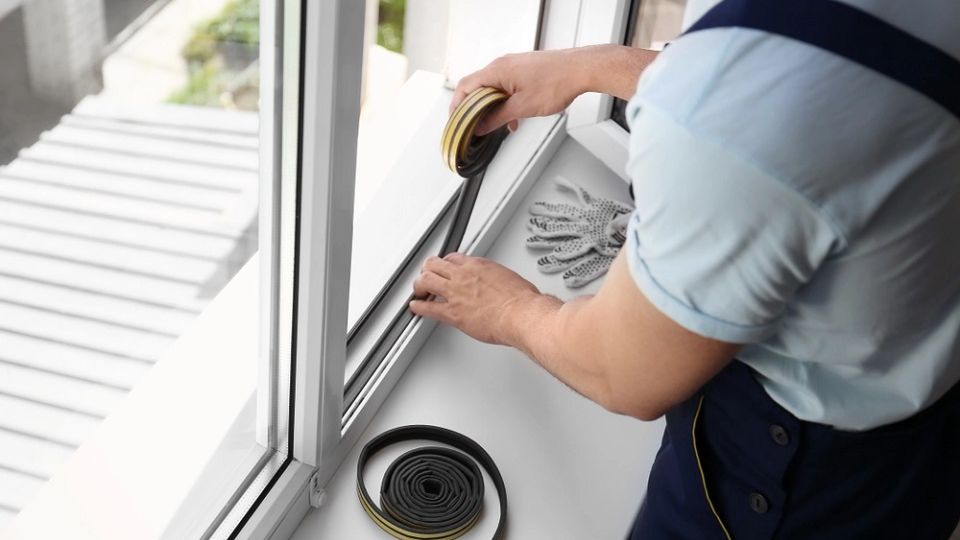
Energy-efficient windows have many benefits for your home. They can improve air quality, reduce carbon footprint, and offer better views. They also improve the comfort systems in your home.
Low-E Coatings Of Replacement Windows Can Improve Your Home’s Comfort Systems
Installing energy-efficient windows in your home as part of your Bordner Home Improvement project will improve the performance of other systems in your home. For example, new windows with Low-E coatings will reflect the internal temperature of your home, which means less wear and tear on your HVAC system. Plus, less frequent maintenance means fewer repair costs. You can choose from two low-E glass types – hard-coat and soft-coat. Low-E coatings are weak silver layers sputtered onto the glass during manufacturing. High-quality windows with Low-E coatings are better insulators and can improve your home’s comfort systems. Low-E coatings can improve your home’s comfort systems by increasing solar heat gain by up to 50%. To be energy-efficient, you should choose windows with a U-factor of 0.35 or lower. Windows with a 0.50 Solar Heat Gain Coefficient (SHGC) are also energy-efficient. You can also find windows with U-factors as low as 0.15, which allows you to use them in a northern-zone property and still be comfortable.
Energy-Efficient Windows Reduce Your Carbon Footprint
Installing energy-efficient windows in your home is a great way to reduce your carbon footprint while improving your home’s value. Energy-efficient windows are designed to minimize the energy that enters the house while increasing its comfort level. They keep unwanted warm air out and insulate your home like a blanket during cold weather. Energy-efficient windows also reduce your heating and cooling bills. A low-E glass window can improve your energy performance by as much as 24 percent. These windows help reduce the solar heat gain that is generated by the sun. A high SHGC can cause higher utility bills and increased air conditioning use.
They Improve Air Quality
Investing in High-Performance Replacement Windows improves the air quality inside a home. Many factors affect indoor air quality, including volatile organic compounds (VOCs), which can cause various health problems. For instance, inefficiently sealed windows and doors can allow outdoor air to seep inside, allowing pollutants and debris to circulate in the home. Poor indoor air quality is often found in older homes with subpar window construction. In addition to improving air quality, high-performance windows also have lower energy costs. These windows can reduce heating and cooling energy use by up to 50%. Additionally, triple-pane windows can improve occupant comfort and resilience during power outages.
They Are Expensive
Energy-efficient windows are a great way to save money on your energy bills. These windows help block heat from entering and cool air from escaping your home. They can keep you up to $465 a year. The energy saved by installing these windows depends on several factors, including the window frame, glazing, gas fills, and pane type. The most efficient windows are triple-paned ones, typically made from triple-paned glass and inert argon gas in between them. The most expensive types of windows are made of composite or fiberglass frames. The price for replacement windows depends on the window type, the frame material, the size, and energy efficiency. The average cost to replace one window with a high-performance window ranges from $500 to $1,500. However, the cost of window replacement varies significantly according to the style and material of the window.

